Agenda
Registration & breakfast
Keynote interview: Geopolitical insights for navigating the global economic landscape
A macroeconomist or former politician will reflect on the current state of the global economy, discussing the impact of geopolitical events, such as the Ukraine/Russia conflict and Israel/Palestine tensions, on the Nordic region and its M&A landscape.
Opening panel: Regional outlook - the resurgence of Nordic M&A
Over half of the world’s population is heading to the polls this year to vote in what could be pivotal year with lasting impacts on geopolitical dynamics and, subsequently, on global M&A activity. This panel will focus on the macroeconomic drivers behind recent and upcoming Nordic M&A activity, including retreating inflation, stabilising interest rates, pent-up demand from private equity firms and corporates, and the role of technology in driving efficiency. Panellists will review strategies for navigating the new dealmaking landscape including adjusting for seller expectations, identifying attractive targets, navigating regulatory hurdles, and addressing energy security concerns. Panellists will discuss:
- What are the main macro-geopolitical drivers impacting Nordic M&A? Consider ECB/Fed politics and spillover effects, the implications of the entire Nordic block being part of NATO, and how recent government changes are affecting the M&A landscape.
- How are M&A professionals addressing adjusting seller expectations in this new economic climate?
- What opportunities exist in bolt-on acquisitions, carve-outs, and small-to-mid cap listed companies?
- How is the focus on energy security influencing investments in the renewables sector, and what potential rebalancing efforts are being considered?
Panel: Exploring the financing landscape in the Nordics
Against the backdrop of a challenging financing landscape including geopolitical uncertainty, high interest rates, and a looming maturity wall, this panel will discuss the current state of financing in the Nordic region. Panellists will discuss on the upcoming maturity wall, NAV (Net Asset Value) based lending, direct lending, restructuring, and the differences between public and private financing options for corporates. Panellists will debate:
- How are private equity firms and corporates adapting to the new financing environment and exploring alternative options like NAV based lending?
- What role do direct lenders play in the current financing landscape, and how are they collaborating with PE firms and corporates?
- What is the outlook for restructurings in the Nordics? And what refinancing and restructuring strategies are companies using to navigate a challenging economic environment?
- What are the key differences between public and private financing options for corporates, and how are they making an informed decision?
Networking break
Case study: ESG innovation in action
Join us for an insightful discussion on ESG practices featuring experts from DLA Piper, Position Green and Norvestor. This panel will explore real-world applications of ESG principles, sharing valuable experiences and strategies. Our speakers will delve into the challenges and opportunities presented by ESG implementation, offering practical insights for businesses looking to enhance their sustainability efforts.
Panel: Building a resilient and diverse portfolio
The Nordics, as well as the wider European economies, are set for further uncertainty in 2024 with elections, on-going conflict, and energy security concerns afoot. Amidst this landscape, dealmakers must build resilient and diverse portfolios that can face and resist headwinds to generate alpha. This session will explore diversification strategies across sectors and asset classes, techniques for identifying and mitigating portfolio risks, and the importance of thorough, risk-savvy investment decision-making. Speakers will discuss:
- What are some effective diversification strategies for building resilient portfolios across various sectors and asset classes? How do funds adapt their strategies within their LP-defined mandates?
- How do investors view risk and what are the different types of risk that exist for GPs? How can investors identify and mitigate portfolio risks in the current economic climate?
- What role do alternative investments play in generating alpha, and how can they be effectively incorporated into a portfolio?
Lunch
Fireside chat: Sector spotlight – energy and industrials in a geopolitical context
This panel focuses on two key sectors driving Nordic M&A activity: energy (including oil and gas, and renewables) and industrials (including manufacturing and machinery). Panellists will discuss the impact of energy security concerns due to ongoing conflicts in Ukraine, the challenges posted by foreign direct investment (FDI) regulations, and the need to navigate various regulatory hurdles. The discussion will also explore the role of the green energy transition in shaping M&A activity, the cross-over with infrastructure, and the growing importance of data centres.
- How are energy concerns, heightened by the ongoing conflicts in Ukraine, driving M&A activity in the oil and gas and renewables sectors, and what strategies are companies employing to mitigate these risks? Are investors also able to embrace the green energy transition in this context?
- What are the key FDI regulations and regulatory hurdles affecting M&A transactions in the energy and industrials sectors, and how are investors navigating these challenges?
- How are investors capitalising on the growing synergies between the energy and infrastructure sectors in the drive towards energy transition? What are the pipeline opportunities in data centres and energy storage?
- How are companies in the manufacturing and machinery subsectors adapting to the changing landscape considering the growing emphasis on sustainability?
Fireside chat: From niche to Nasdaq - EQL Pharma's journey to the Main Market
Join Adam Kostyál, President of Nasdaq Stockholm, and Axel Schörling, CEO of EQL Pharma, as they discuss EQL Pharma's recent listing on the Nasdaq Stockholm Main Market. This insightful conversation will explore the company's rapid growth, the impact of the listing and the future of pharmaceuticals in the Nordic region.
- What was the rationale behind EQL Pharma’s decision to focus on niche generics and cost-efficient medicines and how does this strategy position EQL Pharma in the competitive pharmaceutical landscape?
- What did the process of moving to Nasdaq Stockholm’s Main Market involve? And what were they key factors in driving this decision? How does it align with EQL Pharma’s growth objectives?
- What role does Nasdaq’s Main Market play in EQL Pharma’s ambitious growth plans and how does this intersect with boarder trends in the Nordic pharmaceutical industry? What role do capital markets play in supporting innovation and expansion in the sector?
Networking break
Panel: The evolution of due diligence in M&A
In today’s rapidly changing dealmaking environment, thorough and comprehensive due diligence is more critical than ever in M&A transactions. This session will explore the latest developments and best practices in M&A due diligence, with a particular focus on emerging areas such as supply chain risk considering new regulations such as the German Supply Chain Due Diligence Act and the proposed EU (European Union) Directive on Corporate Sustainability Due Diligence, the impact of the Digital Operational Resilience Act (DORA), and anti-money laundering compliance developments including the 6th EU Anti-Money Laundering Directive (AMLD6). Speakers will discuss:
- How can buyers effectively incorporate supply chain due diligence into their M&A processes to ensure compliance with emerging regulations, and what are the best practices for assessing and mitigating supply chain risks?
- What impact does the Digital Operational Resilience Act (DORA) have on M&A due diligence, particularly in the financial services sector, and how can buyers evaluate a target company’s cybersecurity and IT resilience to minimise potential liabilities?
- How can M&A practitioners navigate the increasing scrutiny of AML compliance, driven by high-profile enforcement actions and developments such as AMLD6?
- How can M&A professionals effectively collaborate with consultants and advisors to leverage their specialised due diligence services, and what are the best practices for ensuring a comprehensive and efficient due diligence process while managing costs?
Panel: Innovative strategies for enhanced returns
In a climate where fundraising is proving increasingly difficult and access to financing is more constrained, private equity firms are placing higher emphasis on generating alpha to deliver superior returns for investors. This session will explore innovative strategies designed to enhance investor returns in a challenging environment. Panellists will debate diversifying into alternative asset classes such as private equity and real assets, the growing popularity of GP-led secondaries and refinancings to provide liquidity to LPs while allowing GPs retain control of high-performing assets, the role of co-investments and emerging fundraising mechanisms, such as continuation funds and long-dated vehicles.
- How can private equity firms effectively diversify into alternative asset classes? Which asset classes are proving most effective in delivering returns for investors?
- What are the key benefits and considerations for GPs and LPs when utilising GP-led secondaries and refinancings, and how can these strategies be deployed to provide liquidity?
- How can co-investments be structured to align the interests of LPs and GPs, and what are the potential advantages and challenges of this approach in terms of fees, transparency, and return potential?
- What are the most promising fundraising mechanisms, such as continuation funds and long-dated vehicles, and how can GPs leverage these structures to enhance flexibility, adapt to market conditions, and deliver superior returns to investors?
Confirm cancellation
An error occurred trying to play the stream. Please reload the page and try again.
CloseSign-up to join the ION Analytics Community to:
- Register for events
- Access market insights
- Download reports


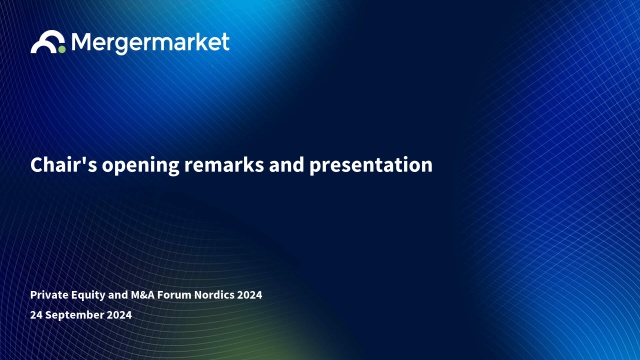 play_arrow
play_arrow


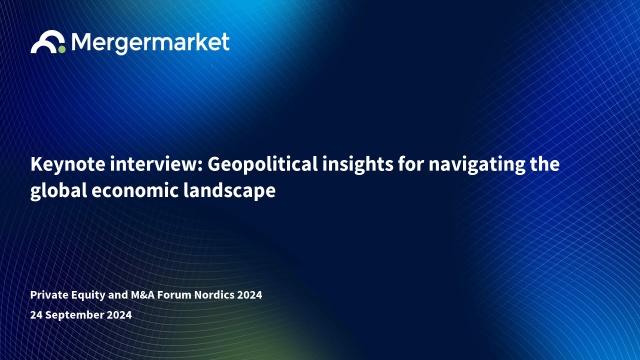 play_arrow
play_arrow






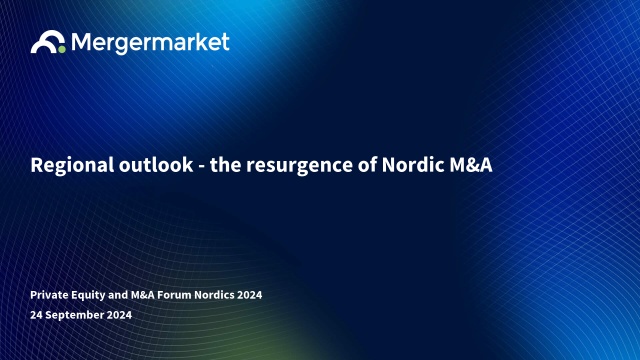 play_arrow
play_arrow





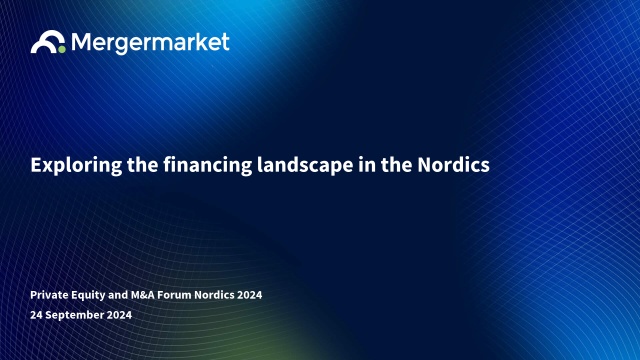 play_arrow
play_arrow




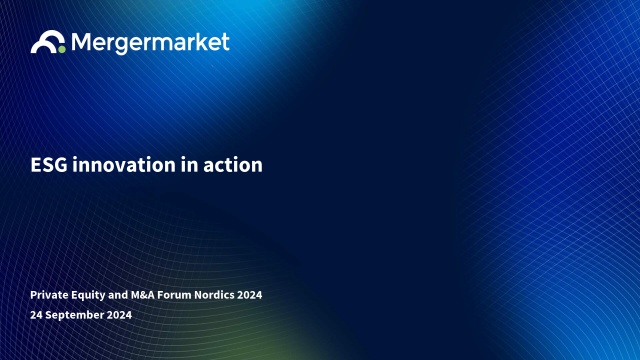 play_arrow
play_arrow






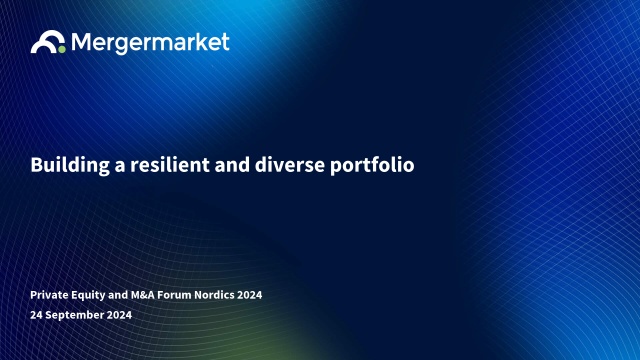 play_arrow
play_arrow



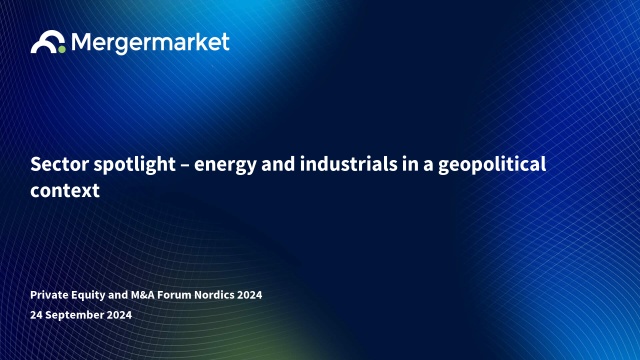 play_arrow
play_arrow



 play_arrow
play_arrow


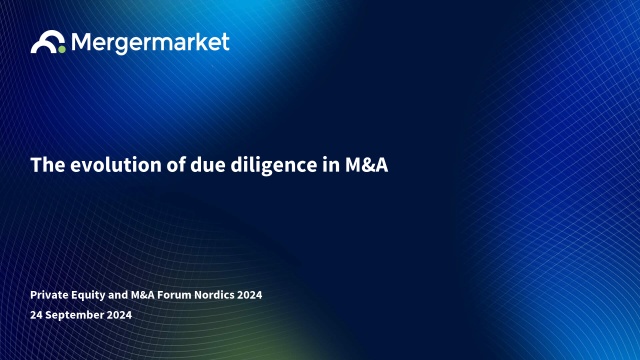 play_arrow
play_arrow


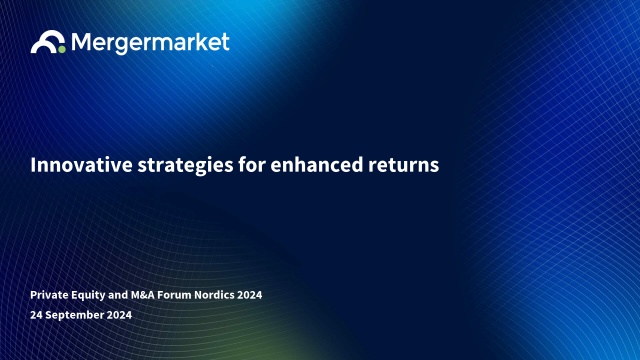 play_arrow
play_arrow
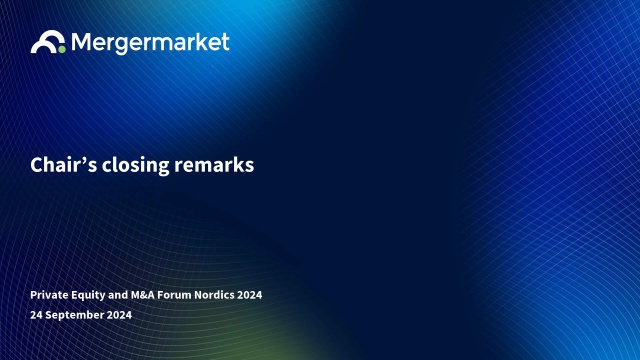 play_arrow
play_arrow


























